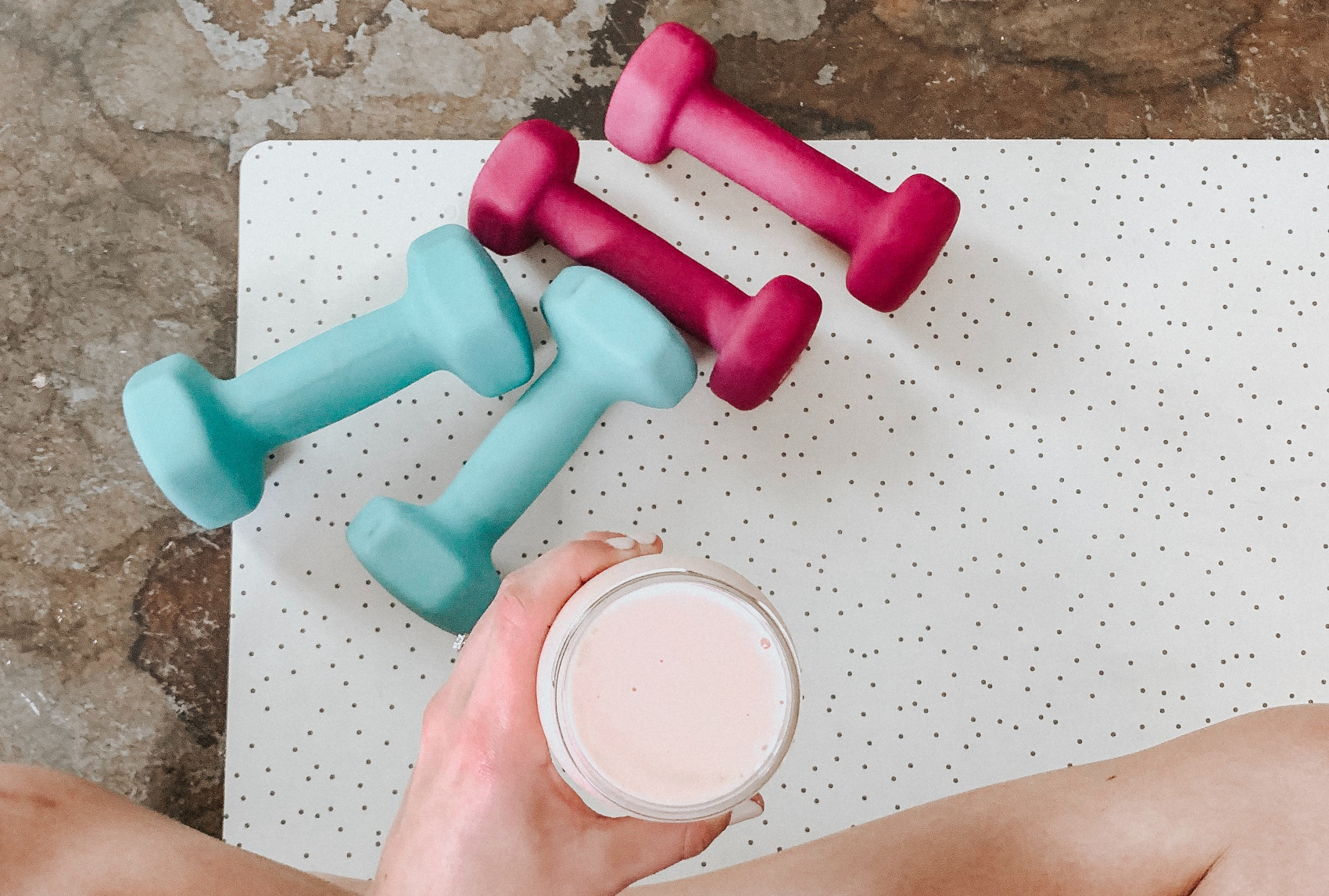The Mood Boost My Wellness challenge focuses on how the food we eat directly impacts how we feel. Track five servings of mood boosting foods each week of this challenge to earn 25 My Wellness points in the My Wellness Portal.
As a reminder, the 2022-23 My Wellness year ends on Friday, Sept. 29. Be sure to track activities by Sept. 29 to earn points in the My Wellness Portal.
Food is also fuel for our body when we work out. Learn more about how to properly fuel your body for a workout below:
Power up your workout with the right fuel from Healthy You by UMR
When it comes to fueling your body for your workout of choice, grabbing any old snack just won’t cut it. For example, while a protein bar might do wonders for your lifting routine, it might not be the best choice for a cardio-heavy workout.
It’s important to know what to eat, and when to eat it, to maximize both your workout and your results.
- Choose the right type of fuel
Did you know that the more intense your workout, the more carbs you need? Carbohydrates help restore energy in your muscles, which helps you power through high-intensity workouts like weightlifting, endurance training or any exercise over 60 minutes.
For workouts consisting of strength training, body building or playing sports, more protein is needed. Protein not only helps repair body tissues, but it’s also essential for muscle growth.
- Know when to fuel your body
Figuring out which fuel is best for your workout is half the battle – knowing when to refuel is just as important. Some workouts require immediate fueling, while others can wait a bit longer.
Fuel up before: high intensity exercises, endurance training or any lengthy workout. You need to consume carbs beforehand. Carbs give you energy during exercise and help increase your stamina and performance.
Fuel up after: strength training or body-building exercises. It’s best to eat protein immediately after your workout because that’s when your muscles absorb it more quickly. If you eat protein hours after working out, it can hinder muscle growth during recovery. Keep in mind that your muscles are more receptive to protein 30-60 minutes post-workout.
When you don’t fuel your body as needed, you’re more likely to:
- Deprive your body of amino acids, which help your muscles to rebuild and recover
- Lack glucose in your muscles, which can lead to muscle breakdown
- Overeat
- Find the perfect balance
It’s not just about knowing when to eat protein or carbs, but also making sure you’re getting the right kind and amount.
Skimping on nutrition can not only lower muscle mass and bone density, but it can also leave you feeling wiped out and fatigued.
Knowing which workout fuel works best for your body’s needs will improve your performance and will allow you to reach your health goals more easily.
- Hydrate
We’ve pointed out the importance of protein and carbs, but water is truly the MVP when it comes to nutrients. You can lose several liters of sweat when you work out, and drinking water is the best way to replace lost fluids. But if you’re exercising longer than an hour, sports drinks can help maintain your electrolyte balance and give you a boost of energy.
Make sure to hydrate your body two to three hours before working out. By starting your exercise routine with water already in your system, your muscles will function properly, and you can lessen the chances of cramping, fatigue and dizziness.



